In a recent email she told me:
My favorite name game is Group Juggle because it seems to be the most helpful in actually learning names. But, after you facilitate it for the hundredth time it's time for something different.
Do you know of any [other name games] that are as helpful and active as Group Juggle that work with youth and adults?
In my response to Katie (along with some suggested Name Games) I said that I know "Name Games" in two ways. Activities that use names as a helpful behavior within a task, and activities that are used to learn and practice names. When names are used as a helpful behavior the task is the focus (e.g., Group Juggle - get the object through the pattern as quickly as you can). Learning names is not the goal, but again, it's helpful to the task, and yes, some participants might actually learn some names
Now that you understand how PTP works I would like to give you a challenge - remember, it's your challenge, your choice around here, so it's up to you if you want to try "testing out." We're going to continue the activity, following PTP. After a few minutes I will stop the process and ask who would like to test out. If you are up for the challenge, the first thing you will need to tell me is what grade you want to go for - this means, getting 90% or more names correct gives you an "A" grade. (For an A+ you need to get all the names correct.) A "B" is in the 80th percents, a "C" is in the 70th percents, and so on. If you don't get the grade you want, you can try again after another round of tossing play.
Have FUN out there!
Chris Cavert

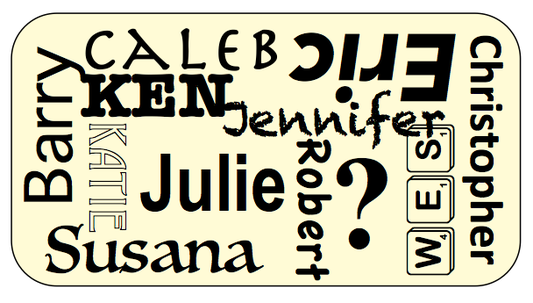
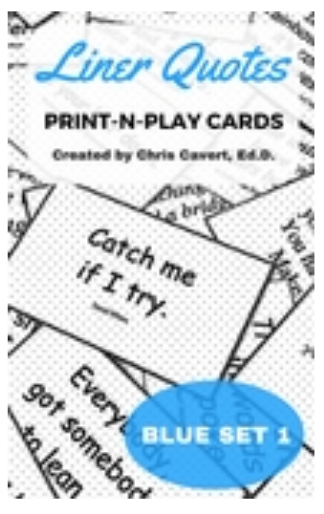
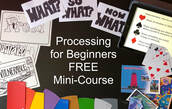
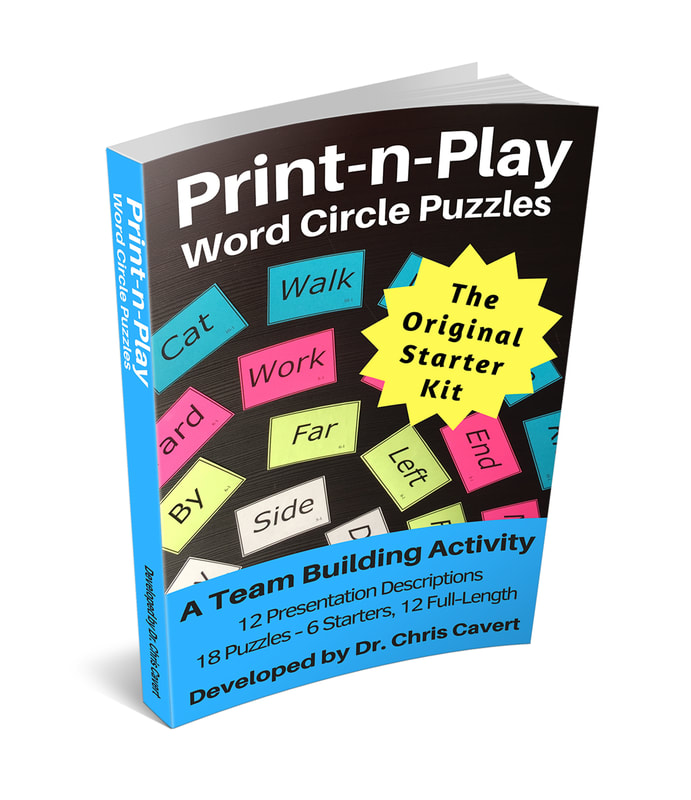
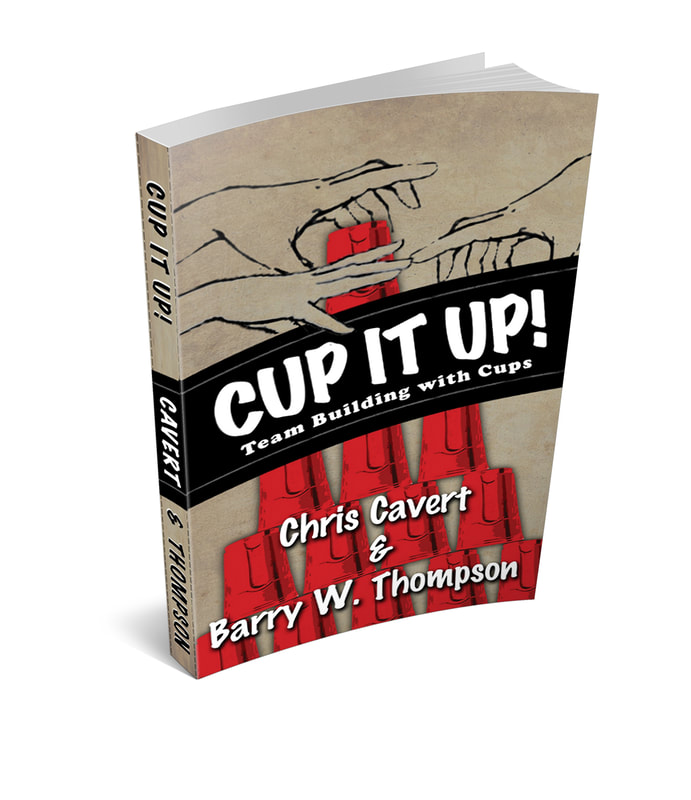
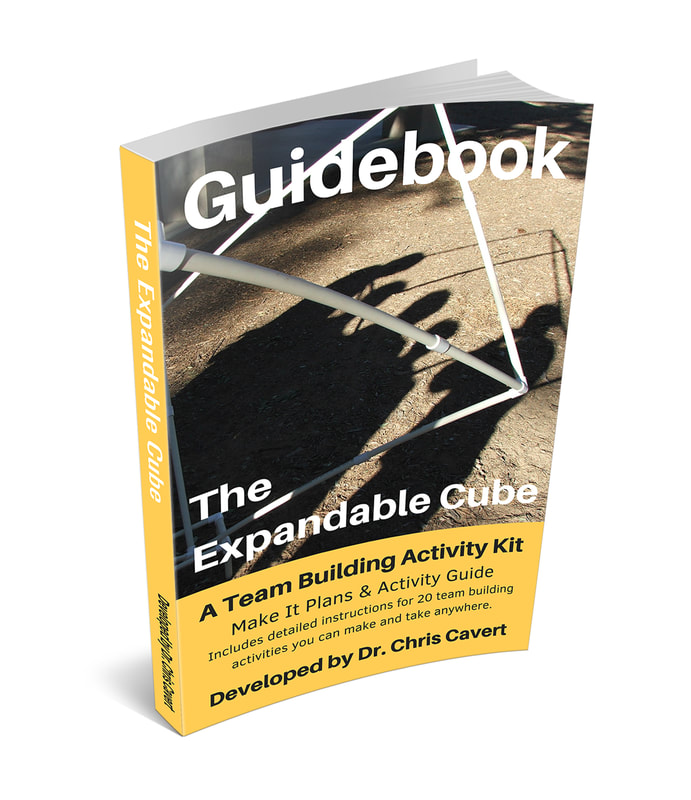
 RSS Feed
RSS Feed